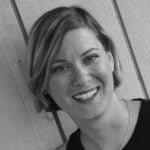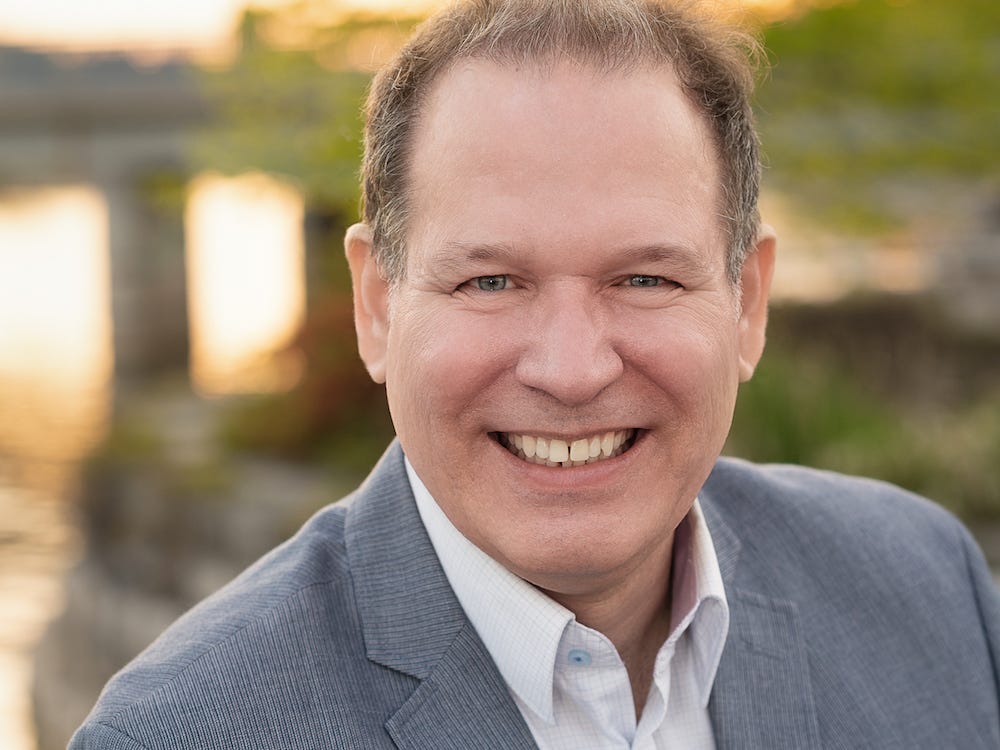- Lambros Bryan is a 52-year-old real-estate agent who changed careers 10 years ago.
- He wanted a job that was more stimulating and challenging, so he attended a real-estate seminar.
- Here's how he broke in and his advice for aspiring agents, as told to writer Robin Madell.
This as-told-to essay is based on a conversation with Lambros Bryan, a 52-year-old real-estate agent based in Ontario. Insider has verified his income with documentation. The following has been edited for length and clarity.
I spent nearly a decade as a licensed massage therapist before turning to real estate at age 42. I was working long hours as a massage therapist and there was a lot of repetition and not enough mental stimulation. It was also hard on my body.
Real estate seemed like a natural transition for me because I'd always had a familiarity with it. My mother worked in real estate and I would help her buy, fix up, and rent out houses.I haven't looked back since, as this has been a thriving career for me. Today, I'm a seasoned and award-winning real-estate broker working in the greater Toronto area and making six figures a year.
In early 2012, I saw an ad from real-estate firm Royal LePage about its free seminar
I attended the seminar and it convinced me to take a real-estate course and get my license.
The course I took, by the Ontario Real Estate Association, was in three parts, and each one was to be finished within three months. You had up to two years to finish the whole thing.
I sped through the entire course in less than four months. I'd found new energy and motivation, I was acing the exams, and after the second part, I had my first interview with a real-estate brokerage. By the time I'd finished the third part, I had an offer to join the brokerage.
I still work long hours like I did as a massage therapist — around 60 hours a week, Monday to Saturday. I'm not always in the office for these work hours, however: I might be showing houses, meeting with clients, doing research, or creating content.
Although my days are long, they're more enjoyable than in my previous career, perhaps because there's always something new and different to do. My mind needs to stay stimulated, and that's what I love about this industry — that there's always a new challenge waiting for me.
Here are my best tips for breaking into real estate and succeeding in it, based on my experience.
Find a way to connect to the firm's values
When I first walked into the real-estate office for my interview, I saw a framed photo with a list of the office's values of integrity, professionalism, competence, respect for individuals, productivity, and financial responsibility. So I mentioned to the broker owner that I considered myself to have the utmost integrity and be financially responsible — not just with my own money but my client's as well.
We hit it off great from there. I was just being myself and knew this was the right fit for me. After the interview, he sent me a handwritten note offering me a position once I had my license.
Pick a brokerage with a lot of support and training
My brokerage prides itself on the support and training it provides. The broker owner encourages us to take — and in some cases subsidizes — training courses and is always available for questions, even if it's 11 p.m. Every week, the broker owner or one of the managers also hosts a roundtable with a Q&A period. They sometimes bring in special guests — real-estate trainers, social-media trainers, lawyers, real-estate board officials — to talk to us and answer our questions.
I also remember when I started how many other agents in my office were willing to show me the way and help me along. I now pay that forward to new agents.
You need to learn as much as you can early in your career. Don't be tempted by a brokerage offering a better commission split because if you get stuck or need help, they won't be there for you. Instead, put yourself in a supportive environment.
Prioritize lead generation
The first book I read about real estate was Brian Buffini's "Work by Referral," which the broker owner gave me during my interview.
Buffini said something that set off a lightbulb in my head: My only job in real estate is to generate leads.
That's the hardest part about this business and the biggest pain point for new agents, so I took that advice to heart and started doing all the grunt work like cold calling, door knocking, and building relationships, which are the fundamentals of lead generation. It paid off for me — sometimes right away, but most times over the long run, as I developed a database of people who are now my fans and advocates.
Get as involved as possible early on
There's a lot to do in real estate and a lot to learn. Take those early days to make yourself known in the community, visit houses for sale in your neighborhood, and work on your marketing plan. This is what I did — I would knock on doors in my neighborhood, introduce myself, and give out goodies like newsletters, shopping bags (with my name on them), and other seasonal items.
I also went to see all the houses that came up for sale to familiarize myself with the types and styles of homes in the area. From my conversations with people in the neighborhood — some of them lived there for decades — I learned a lot that I now share with my clients.
Talk to people in person
Forget social media, text messaging, and all the shiny new objects: Success in real estate comes down to relationships, and the only way to build them is face to face.
Buy someone a coffee or lunch. Attend or host events. No virtual medium can replace the human, in-person connection. Remember, the only way people will work with you is if they know you, like you, and trust you. And if you provide a great experience for them, they'll become advocates for you, and then you'll have a team of people working on your behalf, referring business to you.
I've hosted several events, including a first-time homebuyer's seminar and a soccer tournament that I organized for charity. And when I first meet with someone, I don't try to sell them anything: I listen to their needs and build rapport.
The biggest mistake beginners make in real estate is thinking this business is about houses, when it's really about people. Work on your people skills and you'll be successful.

